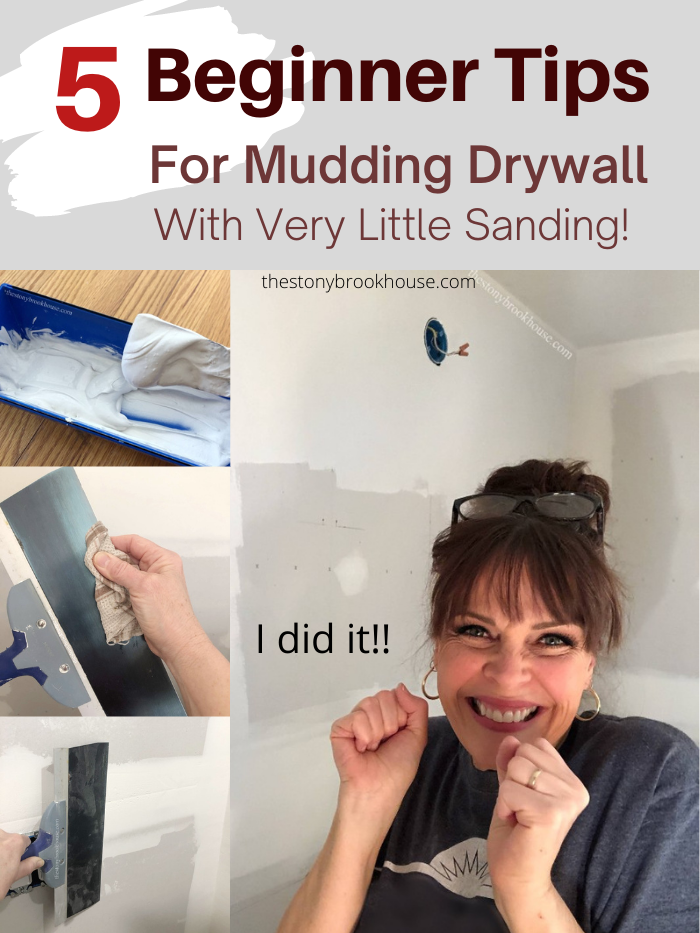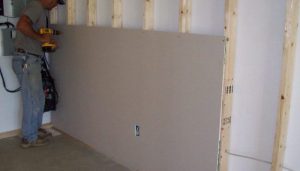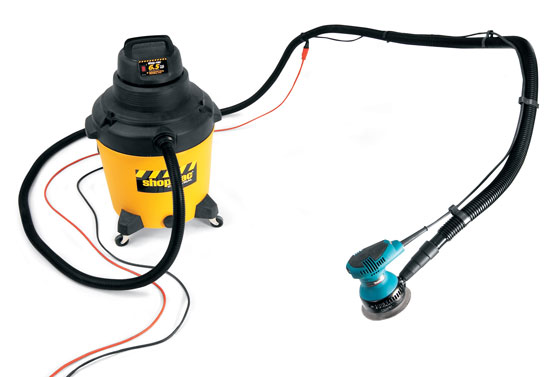
A pro drywall sander is a great tool to use when you are sanding new construction or finishing up a room. Its powerful motor and large sanding discs help you get the job done faster, and its dust collection system minimizes cleanup time. There are many models available to suit your needs.
The POWER PRO 1090X Series Electric Drywall Sander is a great choice for professionals who need to get the job done quickly and efficiently. The variable speed motor allows you to adjust the speed of your sander for the best finish. The sander features an extended arm and a mountable handle that can be extended from 4 to 5 feet. You will also receive a range of sanding tools and a vacuum bags for easy cleanup. This sander is perfect for pros who want to get their job done in a more efficient and affordable manner.
MENZER Ultranet (r) is an innovative sanding net that delivers superior abrasion results. The discs can be used to finish final finishing or for material removal. These sanding disks can be cut to the exact size you need for efficient use. They are made of durable plastic and have an automatic vacuum system that gives them a cleaner finish.

Yattich drywall-sanders are powered by a 6A, 710W motor. It has seven speeds. You can adjust speed by turning the handle. You will also find a vacuum bag, and a carry case for the sander. Additional features include an LED ring that lights the motor during sanding.
The dust collection system on the PORTERCABLE(r), drywall-sanders has a flexible hose that can be stretched out to 15 feet. When connected to a compatible shop vac, it will automatically remove the dust. The vacuum bag can capture as much as 80 percent of the dust, provided that it is not used within an enclosed area. The dust collection hose is 1-1/4 inches in diameter.
Ginour drywall-sanders are an all inclusive kit that comes with everything needed to get started. You can choose from corded or cordless models. You will find tools to change your brushes, such as a quick-change sanding disc and a vacuum bag. Additionally, this sander includes a starter pack of sanding sheets.
YATTHICH drywall sanders are equipped with a large multi-position head measuring 9 inches. The sander features an LED ring and vacuum bag. The handle measures 3.6ft when closed. The sander also features a hook-and-loop attachment that allows for more efficient sanding.

Festool Planex sander is another top-of the-line model that has variable speeds and a powerful motor. It is however not the most affordable model for hobbyists. The Planex is well made but too costly for DIY projects.
Handife is a great option for someone looking for an affordable option. This sander is not as affordable as it looks, however, you will need a ladder to use and the lack of reach is an inconvenience. Other benefits of this sander are its light weight and the fact that it is easier to use than a traditional sander.
FAQ
What room should you remodel first?
The heart and soul of any home is the kitchen. The kitchen is where you will spend the majority of your time cooking, entertaining, or just relaxing. It's where you will find the best ways to make your home more functional and beautiful.
The bathroom is an important part of any house. It offers privacy and comfort for daily chores such as washing your hair, brushing your teeth, shaving, or getting ready to go to bed. This will make these rooms more functional and beautiful.
How much does it cost to renovate a house?
Renovations cost typically $5,000 to $50,000. Renovations typically cost homeowners between $10,000 and $20,000
Do you prefer to hire a general contractor, or a subcontractor for your project?
Hiring a general contractor is usually more expensive than hiring a subcontractor. General contractors usually have many employees. This means that they charge their clients much more for labor. A subcontractor, on the other hand, only hires one worker, and charges less per hour.
What time does it take to finish a home remodel?
It all depends on how big the project is and how much time you spend each day. On average, homeowners spend between three and six hours per week working on their project.
Statistics
- Rather, allot 10% to 15% for a contingency fund to pay for unexpected construction issues. (kiplinger.com)
- They'll usually lend up to 90% of your home's "as-completed" value, but no more than $424,100 in most locales or $636,150 in high-cost areas. (kiplinger.com)
- The average fixed rate for a home-equity loan was recently 5.27%, and the average variable rate for a HELOC was 5.49%, according to Bankrate.com. (kiplinger.com)
- ‘The potential added value of a loft conversion, which could create an extra bedroom and ensuite, could be as much as 20 per cent and 15 per cent for a garage conversion.' (realhomes.com)
- It is advisable, however, to have a contingency of 10–20 per cent to allow for the unexpected expenses that can arise when renovating older homes. (realhomes.com)
External Links
How To
5 Things You MUST Know Before Starting Your Home Renovation
-
Is this something you really want? If you're planning on embarking on major home improvement projects like renovating your kitchen, bathroom, or building a brand new house, it's certain that you'll need to have some assistance. However, if you feel unsure about your ability to complete such a big task by yourself, you might consider hiring someone to help you. It can take up your time and cost you money. You won't reap the benefits. Hire someone who knows the ropes to help you. They'll save your time and make it easy for you to have a wonderful place to call home.
-
How much should you spend? This one may seem obvious, however spending too much on renovation projects could make matters worse. This is because most of the cost will be recouped at the end. If you have a budget in place, stick with it. If you don't, you might end up spending a lot of money and not receiving anything.
-
Should I use DIY or hire professionals? - There is no right or incorrect answer. However, we recommend hiring professional tradespeople when you can afford them. They can give you sound advice about how to proceed with your project. They will be able to install the plumbing properly, make sure everything is safe, and give you a warranty after they are done. On the flip side, DIY projects usually involve lots of trial and error, which means you'll have to learn a lot of lessons the hard way. Plus, you'll have to deal with all sorts of problems that arise during the process.
-
Are you able to afford it? - Don't underestimate what a renovation will cost. Even if you believe you can handle it yourself, it might be necessary to borrow money from your family or friends just to cover the costs. And if you're planning to sell your current property soon after completing the renovations, you'll definitely need to factor in the price of selling it into your calculations.
-
What is the best place to start? There's no right or incorrect place when it comes down to where to start. We suggest you choose something you like to do. This will help you stay motivated and make it less likely that you procrastinate. Also, try to avoid places that require a lot of maintenance. If your living area is constantly cluttered with dust and dirt, you should not attempt to redesign it.